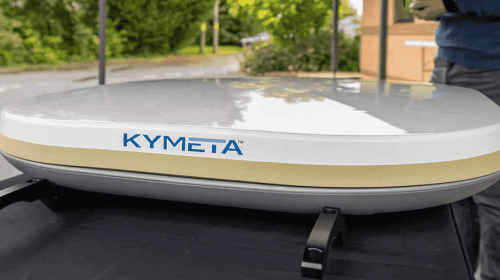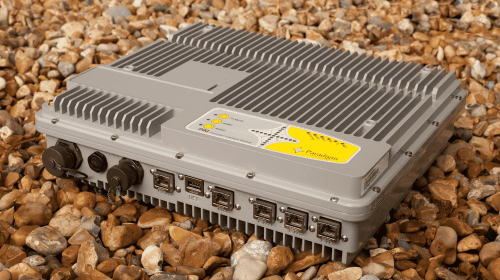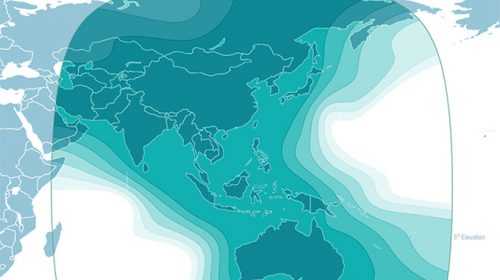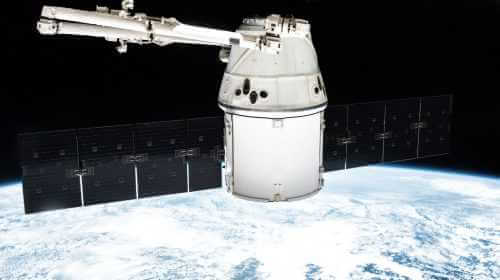Libya is a sovereign state located in Northern Africa and bordered by the Mediterranean Sea, Egypt, Sudan, Chad, Niger, Algeria and Tunisia. The country has had a turbulent past but is now on the road to recovery and to rebuilding its infrastructure. Currently, the Libyan economy is highly dependent upon the oil sector which provides 80% of GDP. Natural gas and gypsum also provide income and though (according to the World Bank) Libya is an Upper Middle Income Economy, there is a lack of economic diversification. The majority of the 6.3 million-strong population live on the coastline with most employed in the industrial and service sectors and some employed in agriculture. A small number of Libyans live in the notoriously arid desert that forms a large part of the country.
Rising from the Ashes of War
The aftermath of the civil war in Libya has meant that the development of the telecoms infrastructure has been held back. However, that is now changing and being gradually addressed by the government. There is not a clear way forward for the government at present and a new telecoms law and regulator is being put together in order to establish a clear roadmap for the future. However, there has been considerable investment in Wi-Max and a fibre optic backbone. The mobile voice market is extremely popular and low prices have helped this market to do well. However, the broadband market requires improvement and growth. In 2016, 21.1% of the population had access to broadband.
Satellite Internet access is integral to Libya’s broadband market development. There will be a reliance on satellite until the infrastructure across the country is improved. Internet penetration has historically been rather low in Libya but, that said, there has been growth in the market in the last few years. Although smartphones and 3G are available in Libya, to upgrade from voice to include data is expensive and therefore out of reach for most Libyans. This results in the use of illegal or unregistered satellite dishes. However, for a reliable Internet service, satellite is the go-to solution.
VSAT Services in Libya
BusinessCom Networks provides the ideal satellite-based solutions for use in homes and businesses across Libya. With no requirement for any terrestrial infrastructure, a reliable and cost-effective VSAT solution from BusinessCom can offer access to broadband connectivity whether the requirement is located in an outlying area of the desert or in an urban location.
Using iDirect technology, BusinessCom’s VSAT solution supports voice, data and video through a combination of shared and dedicated bandwidth. In addition, our Service Level Agreements (SLAs) ensure that uptime is maximised and our competitive and flexible service means that we can provide an offering that is tailored to your specific needs.
For Mobile Network Operators that wish to extend their reach outside of urban areas of Libya, we also offer rural GSM solutions that provide a fully managed solution to augment networks with a fast Return on Investment. This can further enable the expansion of data services across the mobile network to enable Libyans to benefit from mobile broadband.
There is a huge opportunity for satellite technology to bridge existing connectivity gaps in Libya. Contact BusinessCom Networks to speak to our technicians who will guide you through the process and ensure that you receive the package that perfectly suits your business, organisation or household.
Key features
Key differentiators of BusinessCom VSAT services in Libya are:
- Broadband Internet access
- Toll quality VoIP and Videoconferencing with CIR
- Reliable SLA through FDMA and D-TDMA
- Star, Mesh and hybrid Star/Mesh topology networks
- Full support of accelerated VPN, CITRIX, ERM and other business applications
- Highly secure operation with optional AES embedded encryption
- Global C-Band coverage and sub-Sahara Ku-Band
- Landing at top tier redundant IP facilities in Western Europe and United States
- Sentinel-based QoS, bandwidth management and optimization platform





